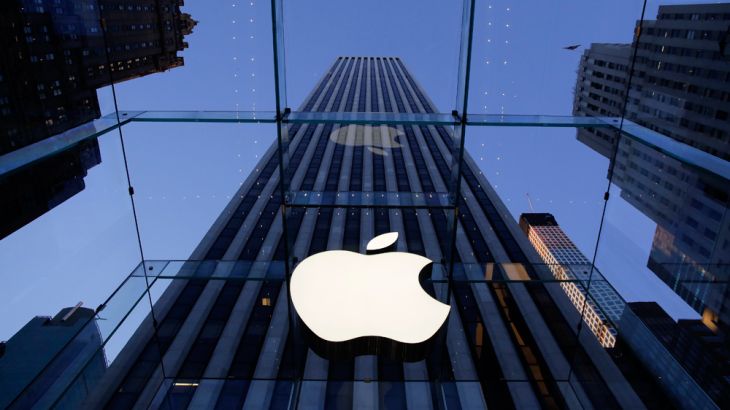
Apple’s tax war with the EU
We examine the implications of what could be the world’s biggest tax dispute when it hits the courts in 2017.
Technology giant Apple and the Republic of Ireland are gearing up for a major legal tussle with the European Union’s Competition Commission in 2017.
In August, Ireland was ordered to collect $13.6bn in alleged unpaid tax from the iPhone maker. This week, Ireland blasted EU regulators. The government said they were interfering with national sovereignty and attempting to rewrite Irish tax law.
Keep reading
list of 4 itemsBoeing hit with 32 whistleblower claims, as dead worker’s case reviewed
US imposes new sanctions on Iran after attack on Israel
A flash flood and a quiet sale highlight India’s Sikkim’s hydro problems
Jim Clarken, CEO of Oxfam Ireland, offers his take on what could be the world’s biggest tax dispute when it hits the courts in 2017 and the implications it could have for multi-national companies.
“We know that Apple and other multinationals that are operating in Ireland are providing quality jobs and paying taxation on those parts of the work that they do here. But, we also estimate there are $93bn of excess profits being booked in Ireland every year by various companies and being moved through Ireland. So ultimately, that part of the tax puzzle is one that affects other parts of the world. That’s why getting this global tax system right is essential for citizens everywhere and this is an indication that there are problems in the global tax situation. They’ve been highlighted in this case and its being pursued for those reasons,” says Clarken.
According to Clarken, Oxfam is calling for a global tax body, overseen by the UN, that will tackle a number of issues, because, “one of the biggest problems we have in the global tax system currently is a complete lack of transparency, so it’s not clear where taxes are being paid, and where profits are being booked, and where real economic activity is taking place. And that is essential for all countries, so there’s a sense of fairness in the tax system, that multinationals are taxed fairly and correctly, and the citizens in different places where that revenue should go to benefit from that.”
Also on this episode of Counting the Cost:
Christine Lagarde’s guilty sentence: Earlier this week, a French court found Christine Lagarde, the managing director of the International Monetary Fund (IMF), guilty on of criminal charges linked to the misuse of public funds when she was France’s finance minister nearly a decade ago. But the court did not impose a fine or a sentence. Natacha Butler reports from Paris.
India’s growth prospects for 2017: India’s economy has sped ahead of the UK’s’s for the first time in over a century, due to the slump in the value of British sterling versus the US dollar. While global rankings are looking up for India, its people are suffering on the ground, because of Prime Minister Narendra Modi’s controversial decision to demonitise the 500 and 1,000 rupee bank notes. Is this due to Brexit or is the Indian economy actually surpassing that of the UK’s? And what does this mean for bilateral trade post-Brexit? Gregor Irwin, chief economist at Global Counsel, looks at the impact of these developments.
The future of the supercar: Why is Lamborghini making a sports utility vehicle? Lamborghini’s new CEO, Stefano Domenicali, discusses the long-term future of the supercar after a year which saw major changes in the automotive space.
Overcoming perceptions of disability: A young Guatemalan fashion designer with Down syndrome is challenging perceptions of the condition. Isabella Springmuhl’s line of clothing and bags using hand-woven local fabrics is bringing her international attention and encourages people to look at her disability in a new way. David Mercer reports from Guatemala City.